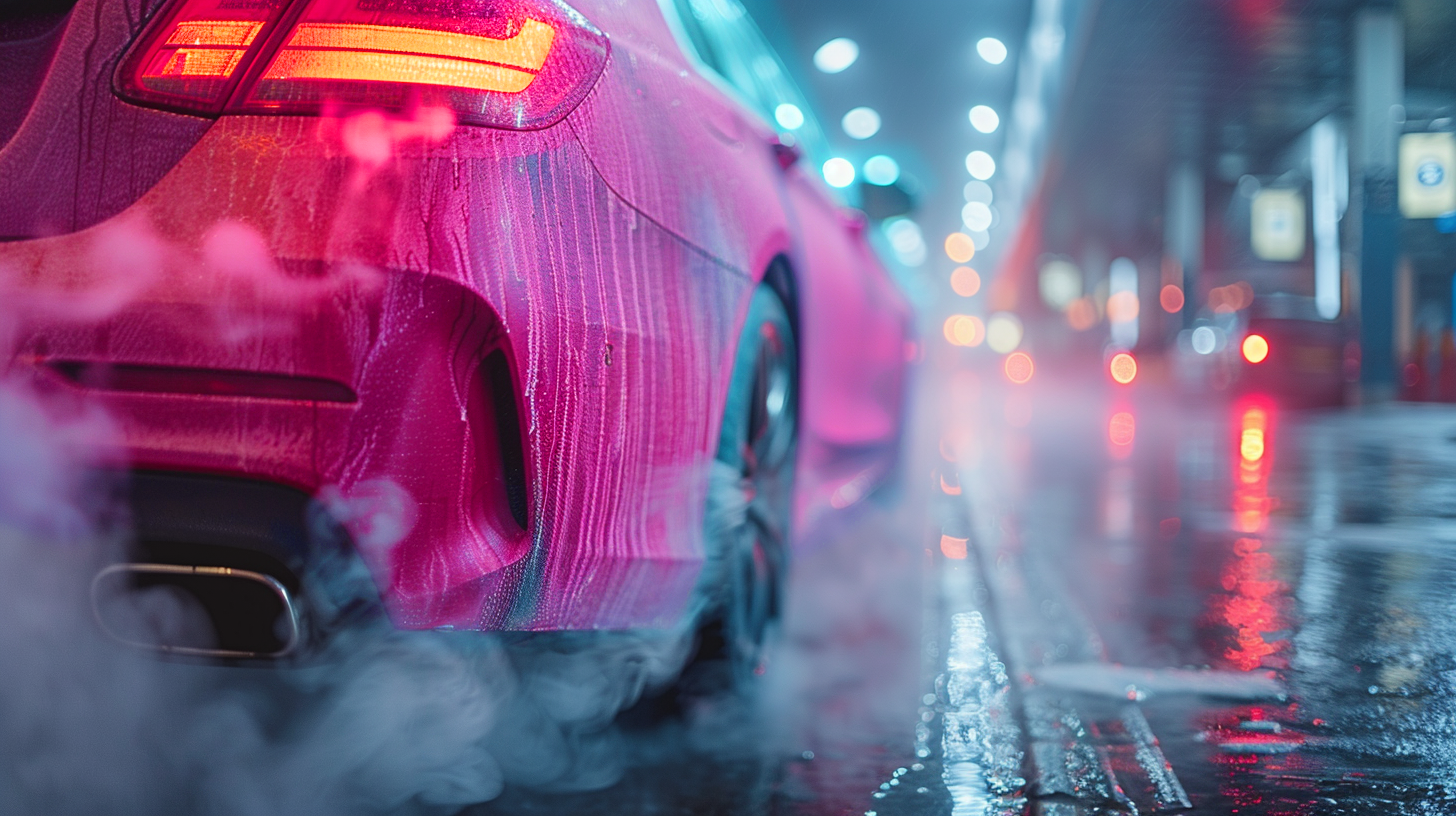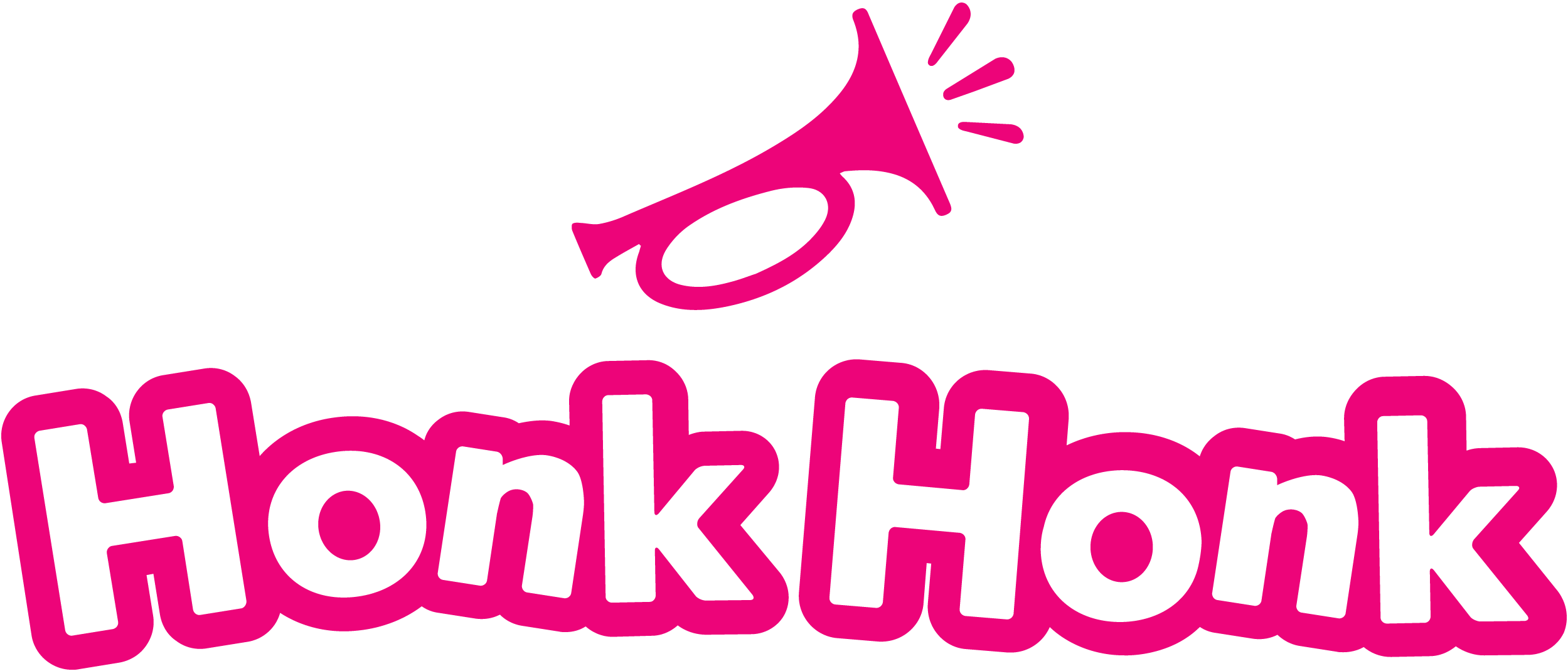
In the evolving landscape of automotive technology, diesel cars have seen their share of ups and downs. Once celebrated for their efficiency and lower CO2 emissions, diesel vehicles have faced scrutiny over environmental concerns, notably after the Dieselgate scandal. This shift has led many to ponder, “When are diesel cars being phased out?” and “Do diesel cars have a future?”—questions of particular interest for those looking to “sell my car” or explore “we buy any car” services in a market increasingly inclined toward electric vehicles.
The Rise and Fall of Diesel
Diesel cars surged in popularity in the early 2000s, driven by tax incentives and advances in engineering that reduced CO2 emissions. However, this trend reversed dramatically following the 2015 Dieselgate scandal, where it was revealed that certain diesel engines emitted far more harmful nitrogen oxides (NOx) than previously thought. The fallout led to a rapid decline in diesel car sales, with manufacturers reporting a 38% drop by the end of 2018.
Evaluating the Viability of Diesel Cars Today
Despite their tarnished reputation, modern diesel cars conforming to the latest Euro 6 emissions standards offer significant improvements in cleanliness, especially in reducing particulate matter harmful to human health. These advancements mean that new diesel vehicles can enter clean air zones without penalty and still boast better fuel economy compared to their petrol counterparts, making them a viable option for high-mileage drivers.
The current market dynamics also present an opportunity for buyers interested in used diesel cars. Decreased demand has led to lower prices, offering potential bargains, especially for smaller diesel vehicles. However, larger diesel models still maintain a robust demand.
Diesel’s Future in the Automotive Landscape
While diesel cars face stringent emissions testing and growing air-quality regulations, they are not disappearing from UK roads anytime soon. With nearly 14 million diesel vehicles currently in use and ongoing demand from certain sectors, diesel cars will continue to be produced for high-mileage and commercial drivers.
However, the UK government’s announcement to end sales of petrol and diesel cars by 2035 marks a clear end-point for the production of new diesel vehicles. Although this goal is ambitious, it underscores the industry’s shift towards more sustainable options, with electric vehicles leading the charge.
Diesel cars may have a limited future, but they will remain a part of the automotive ecosystem for the foreseeable future, especially for specific user groups. Yet, by 2050, diesel cars could become a rarity, overshadowed by the rise of electric and other alternative fuel vehicles.
For individuals contemplating “sell my car” decisions or companies asserting “we buy any car,” understanding the trajectory of diesel vehicles is crucial. The evolving regulations and consumer preferences toward cleaner, more sustainable transportation options will continue to shape the market, signaling a gradual shift away from diesel technology.


